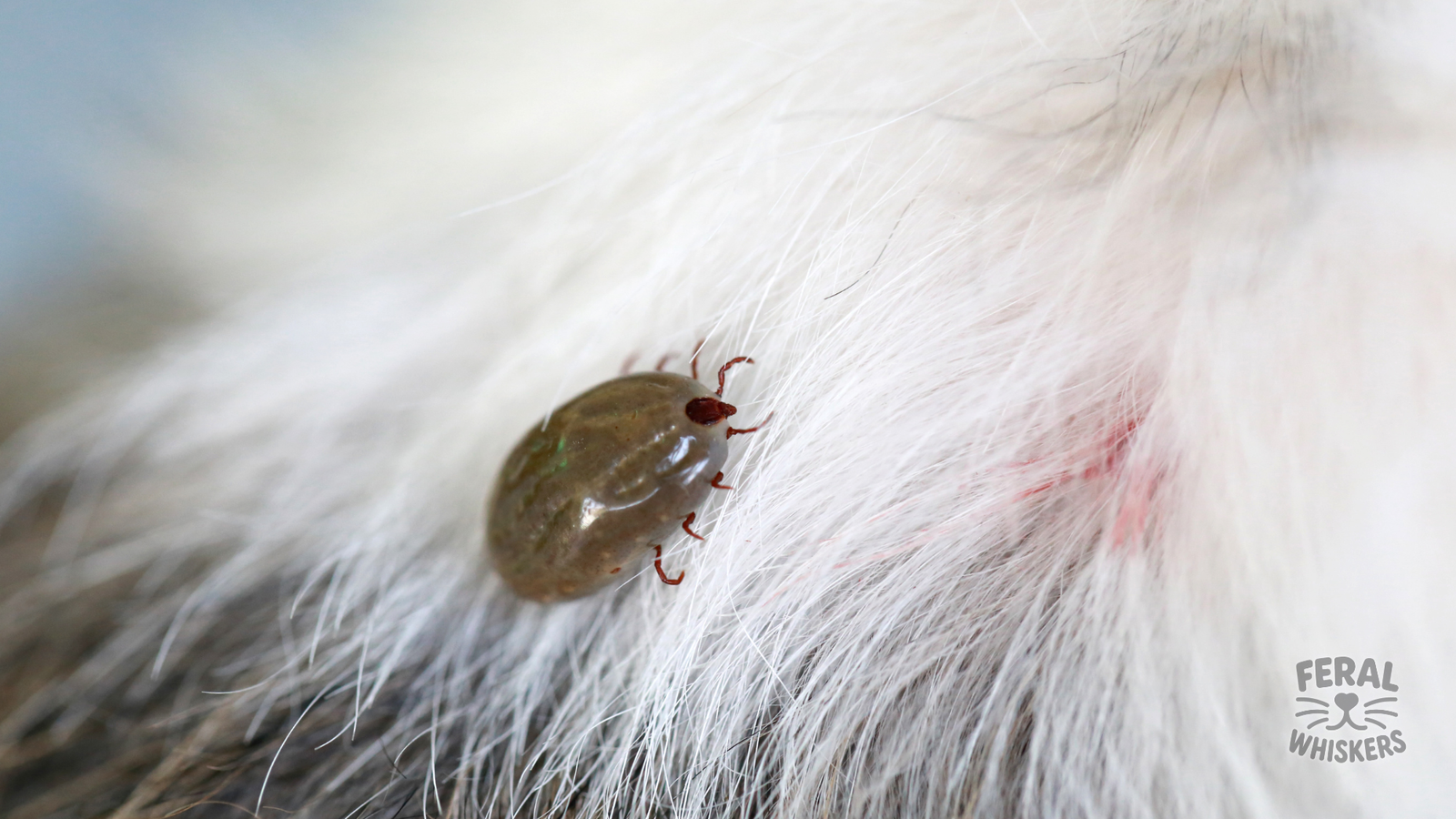Latest posts
-
Rocky Mountain Spotted Fever (RMSF) in Dogs: Symptoms, Treatment, Holistic Recovery, and Prevention

Why RMSF Matters Rocky Mountain Spotted Fever (RMSF) is one of the most serious tick‑borne diseases in dogs, caused by the bacterium Rickettsia rickettsii. Unlike Lyme disease, which mainly attacks the joints, RMSF primarily targets the cells lining small blood vessels — this leads to widespread inflammation, bleeding issues, and organ stress. ⚠️ What makes…
-
Tick-Borne Diseases in Dogs: Complete Guide to Symptoms, Treatment, Holistic Support, and Prevention

Why This Matters Ticks are not just a nuisance — they are vectors for some of the deadliest canine diseases.They transmit bacteria, protozoa, and rickettsial organisms directly into a dog’s bloodstream, setting off fevers, immune dysfunction, organ damage, and in severe cases, death. Some are zoonotic: the same ticks that infect pets can infect humans.…
-
Hepatozoonosis in Dogs: Symptoms, Treatment, Holistic Recovery, and Prevention

Why Hepatozoonosis Matters Unlike most tick-borne infections (where dogs are bitten by ticks), Hepatozoonosis is acquired when a dog actually ingests the tick itself. This could happen: What makes Hepatozoonosis especially devastating is its ability to infiltrate the dog’s white blood cells and tissues, particularly muscles. Over time, this can create chronic pain, fever, weakness,…
-
Lyme Disease in Dogs: Symptoms, Treatment, and Prevention

Why Lyme Disease Matters Lyme disease is one of the most common tick‑borne illnesses in dogs and humans. It’s caused by the bacterium Borrelia burgdorferi, spread through the bite of infected black‑legged ticks (often called deer ticks). For dogs, Lyme disease can lead to fever, swollen joints, lameness, and kidney problems if not detected early.…
-
Hookworms & Whipworms in Dogs: Symptoms, Vet Treatment, and Holistic Prevention

Why These Worms Matter Unlike roundworms and tapeworms, hookworms and whipworms feed on your dog’s blood. Both worms can be hard to detect at first, but left untreated, they can make your dog seriously ill and even be fatal in puppies. 1. What Are Hookworms and Whipworms? Hookworms (Ancylostoma, Uncinaria) Whipworms (Trichuris vulpis) 2. How…
-
Tick-Borne Diseases in Dogs: Symptoms, Vet Treatment & Prevention Guide

Why Tick-Borne Diseases Matter Ticks are more than just annoying pests. When they feed, they can pass dangerous bacteria, parasites, or viruses directly into your dog’s bloodstream. Some diseases stay hidden for weeks or months before showing signs. Left untreated, tick-borne illnesses can cause chronic pain, organ damage, or even be fatal. That’s why recognition,…
-
Dog Mites: Mange, Ear Mites & Skin Care Made Simple

What You Need to Know About Mites Mites are microscopic parasites that live on or in your dog’s skin and ears. Unlike fleas and ticks, you usually cannot see mites with the naked eye. However, the problems they cause are very noticeable and can be quite distressing for your dog. Mite infestations can lead to:…
-
Tapeworms in Dogs: Symptoms, Vet Treatment & Natural Prevention

📌 What Are Tapeworms? Tapeworms are flat, segmented parasites that live in your dog’s intestines. Unlike roundworms (which look like spaghetti), tapeworms are made of many little segments, and each segment can break off and show up in your dog’s poop or around their bottom. The most common type in dogs is Dipylidium caninum —…
-
Giardia & Coccidia in Dogs: Symptoms, Vet Care & Simple Holistic Prevention

📌 Why This Matters Few things worry fur parents more than their dog suddenly having smelly, watery diarrhea — especially in a puppy. Two of the most common culprits are Giardia and Coccidia. These parasites are: This guide makes it easy to understand:✅ What Giardia and Coccidia are✅ Symptoms to watch for✅ How vets diagnose…
-
Intestinal Worms in Dogs: Easy Guide to Symptoms, Vet Treatment & Natural Prevention

📌 Why You Should Care About Intestinal Worms Intestinal worms (roundworms, hookworms, whipworms, tapeworms) are some of the most common parasites in dogs. They live in your pup’s intestines, stealing nutrients and sometimes causing serious illness. Puppies are especially vulnerable, but adult dogs can get them too. The scary part? Some of these worms can…
